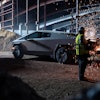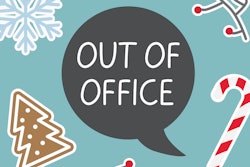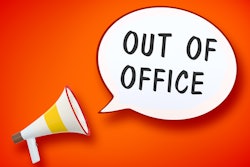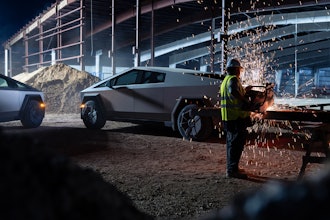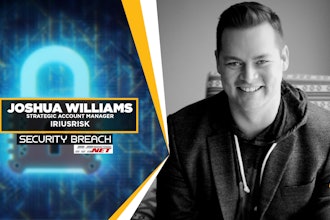Are you ever sitting in a room with someone who is trying to use the voice command feature on whatever internet connected device and they just keep repeating themselves and you think – just press the button.
This week’s embarrassing design fail is kinda like that. Juicero, Inc. is a startup whose founder was so bullish on his product that he once likened his work to the invention of a mainstream personal computer by Steve Jobs. Which is close, but, to clarify, we’re actually talking about a juicer…
All joking aside, Juicero’s business is pretty cool, so much so that you can see how it enamored enough investors to become, according to Bloomberg, one of the most lavishly funded startups in Silicon Valley last year.
Juicero is basically a smart juicer that’s able to take single serve packets of chopped fruits and veggies and press them into oblivion by using two tons of force. Basically the Keurig for the health conscious, the Juicero concept is supported by a juice packet subscription service, where perishable packs are delivered on a weekly basis. Apparently investors were keen on this model as it required a sizeable initial investment from customers for the juice machine, but then offered recurring revenue after that.
Anyway, the juicer itself costs $400 and Vox says the company yielded $120 million in investment dollars. But then Juicero had its ‘Emperor’s New Clothes’ moment. A few investors discovered somewhere along the way that the juice bags could be squeezed as effectively into your BPA-free cup just by using your bare hands. In fact, some Bloomberg reporters validated the experiment by hand squeezing a juice packet and found that they were able to actually juice faster than the machine, though the machine yielded an additional half an ounce of liquid.
In October, the founder and former CEO moved to the chairman role and the new company leader dropped the price of the juicer, which was previously priced at $700, and also made it mandatory for subscription customers to also be Juicero hardware owners.
Will this be enough to salvage Juicero? Hard to say. On the one hand, there’s probably a demand for the juice. On the other, the embarrassing debacle of creating a product that may not even be necessary is now fully on display. As Kurt Jetta from retail and consumer data firm Tabs Analytics told Bloomberg, It’s so hard to differentiate yourself in food and beverage that entrepreneurs “may be tempted to have a technology angle when it’s not really there.”



